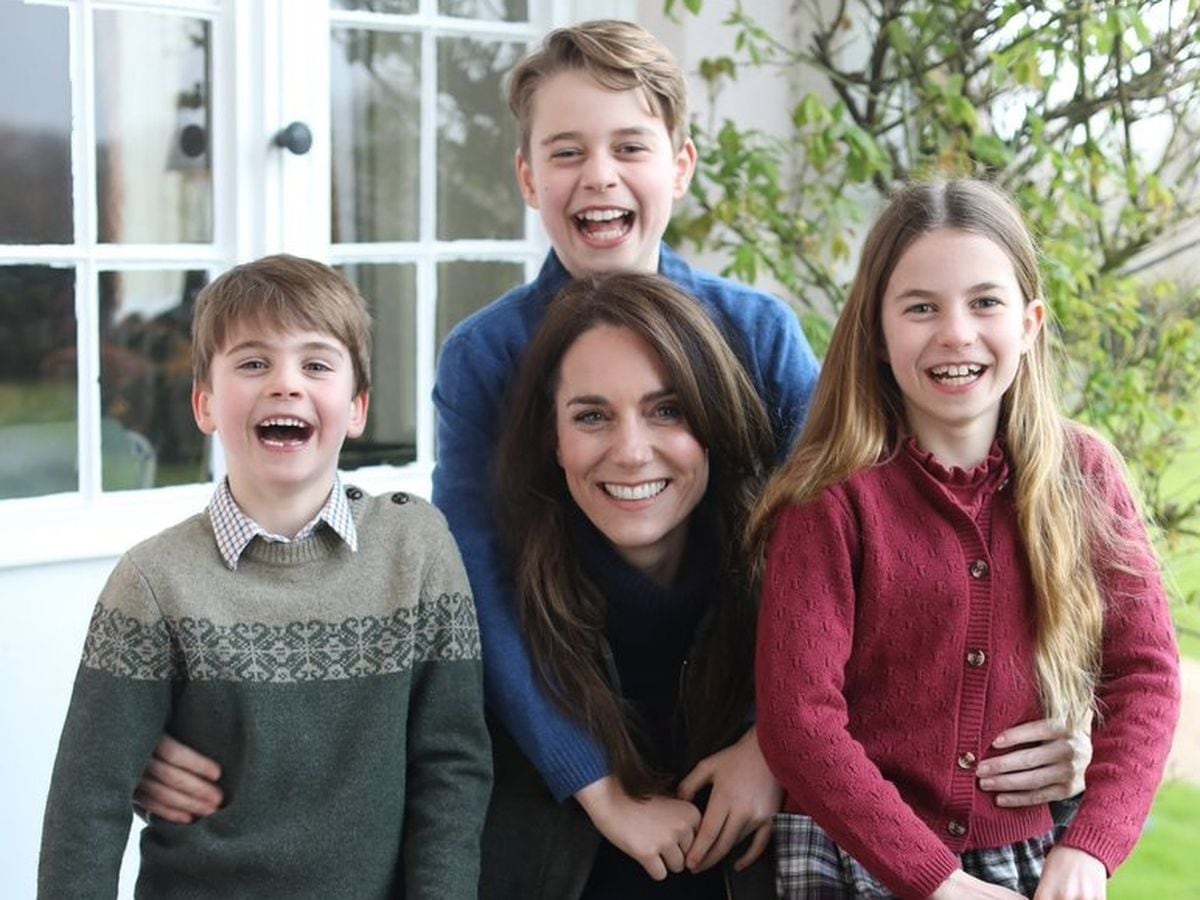The AstraZeneca logo reflected in the drop that comes out of a syringe.DADO RUVIC / Reuters
Scientific evidence takes time, but the exceptional situation that we live in generates a lot of anguish and little waiting.
Knowledge stumbles forward in a sea of uncertainty and those who suffer the most are the scientists and experts who advise governments, who have to make a judgment and make decisions that affect people's lives with partial and sometimes changing data .
That is what has happened with the AstraZeneca vaccine.
Decisions have had to be made with weak scientific evidence and this has led to the application of divergent criteria and successive lurching in the vaccination strategy that have caused perplexity and mistrust.
More information
The disparate rejection of AstraZeneca: 60% in Madrid, 20% in La Rioja and anecdotal cases in Aragon or the Canary Islands
Janssen vaccine: this is the drug that comes and immunizes in a single prick
The vaccine has already gotten off on the wrong foot due to the very poor communication strategy of the company itself.
Clinical trials did not provide data on its effect in people over 65 years of age, so when it was approved, many countries, including Spain, decided not to inject it after that age.
But others followed the guidelines of the European Medicines Agency, which recommended administering it to the entire population.
That was the first big divergence.
When the experience of countries such as the United Kingdom or Israel indicated that the vaccine was safe and effective also in the elderly, the first warnings arose about its possible relationship with some cases of serious thrombosis.
There the second great dilemma arose: while some countries stopped vaccination, others kept it awaiting conclusive data on adverse effects.
Both positions were defensible.
Finally, after reviewing the cases, the agency concluded that there was a possible relationship between the vaccine and thrombosis, but that the benefit was still infinitely greater than the risk, so it advised to continue with the vaccination.
But then the third dilemma arose: how to minimize that risk in light of the available data, which was again scarce and partial.
The mechanism involved and the factors that precipitate these thromboses are not known, but most of the cases observed affect women under 60 years of age.
This has led many countries to radically change the vaccination criteria and not administer it below that age, just the opposite of the criteria that had been applied.
That the scientific evidence is late in coming and changing is something that cannot be avoided in a situation like this.
In any case, the doubts it generates can and should be fought with rigorous information and a lot of pedagogy.
What is not inevitable is the fraudulent use of this objective difficulty as a weapon to wear down the adversary and obtain political and electoral gains.
A deliberate strategy of permanent questioning of decisions made by consensus, such as the one followed by Isabel Díaz Ayuso, aggravates the confusion and generates more mistrust.
No other differential data, except that deliberate confusion, allows us to explain that in Madrid the rejection of the AstraZeneca vaccine is much higher than in the rest of Spain.









